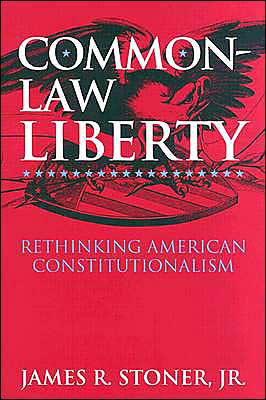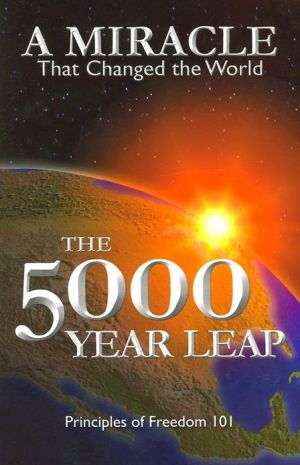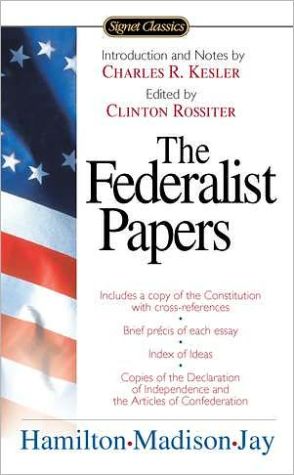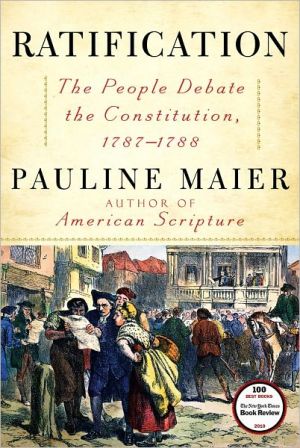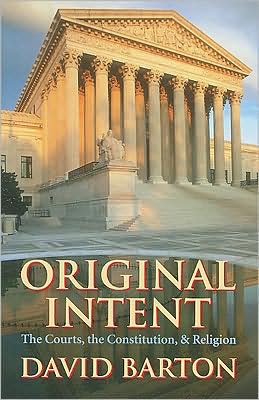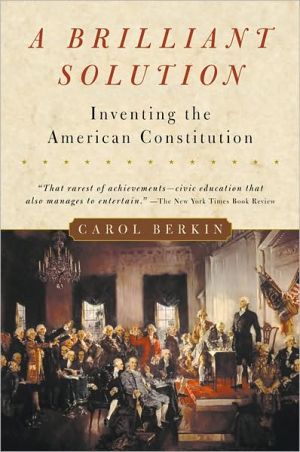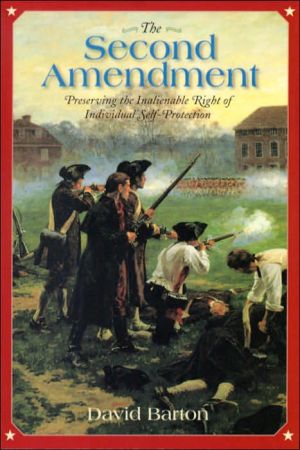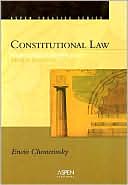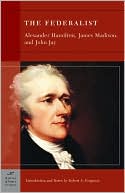Common Law Liberty: Rethinking American Constitutionalism
James Stoner's first book, Common Law and Liberal Theory: Coke, Hobbes, and the Origins of American Constitutionalism, was hailed as "forceful and wise . . . powerful and convincing" by the American Historical Review and "a stunning achievement" by the Journal of Politics. In that work, which provided historical background to the Founding era, he focused on the common law almost exclusively as a mode of legal thought. He now amplifies and extends his thinking on this subject with a study that...
Search in google:
James Stoner's first book, Common Law and Liberal Theory: Coke, Hobbes, and the Origins of American Constitutionalism, was hailed as "forceful and wise . . . powerful and convincing" by the American Historical Review and "a stunning achievement" by the Journal of Politics. In that work, which provided historical background to the Founding era, he focused on the common law almost exclusively as a mode of legal thought. He now amplifies and extends his thinking on this subject with a study that transcends such "formalistic" limits and reveals how constitutional law has developed since the Founding. Common Law Liberty is a rediscovery and reassertion of the common law's central contributions to and enduring impact on American constitutional law. Stoner illuminates the common law's ties to an entire way of life, inextricably linked to the Founding and American constitutionalism, influenced by Christianity, closely connected to the development of free enterprise, and open to the influences of modern science and democracy. Stoner delineates two common laws: one understood by the Founders and rooted in British traditions of jurisprudence and one that, thanks to jurists like Holmes and Cardozo, corrupted the first by redefining common law as mere "judge-made law" or "judicial process," dangerously disconnected from the values and norms of the communities it serves. The latter, for Stoner, has been a disastrous development, shrouding the common law's original meaning and vitality, replacing its spirited liberty with personal license, giving far too much discretion to judges who wish to depart from tradition and precedent, and, thus, undermining our constitutional system of checks-and-balances. In an era as morally confused as ours, Stoner argues, we at least ought to know what we've abandoned or suppressed in the name of judicial activism and the modern rights-oriented Constitution. Having lost our way, perhaps the common law, in its original sense, provides a way back, a viable alternative to the debilitating relativism of our current age. Drawing upon themes from his first book, as well as numerous articles, papers, and lectures produced during the past decade, Stoner crystallizes and reintegrates this body of work. By applying and contrasting both understandings of the common law to specific cases—including free speech, abortion, and religious liberty—he hopes to reclaim essential principles long buried but, in his view, desperately needed to preserve the integrity of our nation's polity and its hold on our moral imagination. About the Author:James R. Stoner, Jr., is associate professor of political science at Louisiana State University and author of Common Law and Liberal Theory: Coke, Hobbes, and the Origins of American Constitutionalism. During the 2002-2003 academic year he is a Visiting Fellow in the James Madison Program in American Ideals and Institutions in the Department of Politics at Princeton University.
AcknowledgmentsIntroduction11Common Law and Constitution: Original Understanding, Republican Synthesis, and Modern Transformation92Fighting Words: Common Law and Liberalism in the American Doctrine of Free Speech303Religious Liberty and Common Law: Free-Exercise Exemptions and American Courts464Common Law and Constitutionalism in the Abortion Case655The Common Law of the Family and the Constitional Law of the Self786Peremptory Challenge: African Americans, the Jury, and the Constitutionalism of Common Law917The Judicial Science of Politics: Or Why Taxation without Representation Is Constitutional and Party Discipline Is Not1078Commerce, Property, and Police1259Common Law, Constitution, and World Order148Conclusion165Notes169Bibliographic Essay191Index195
